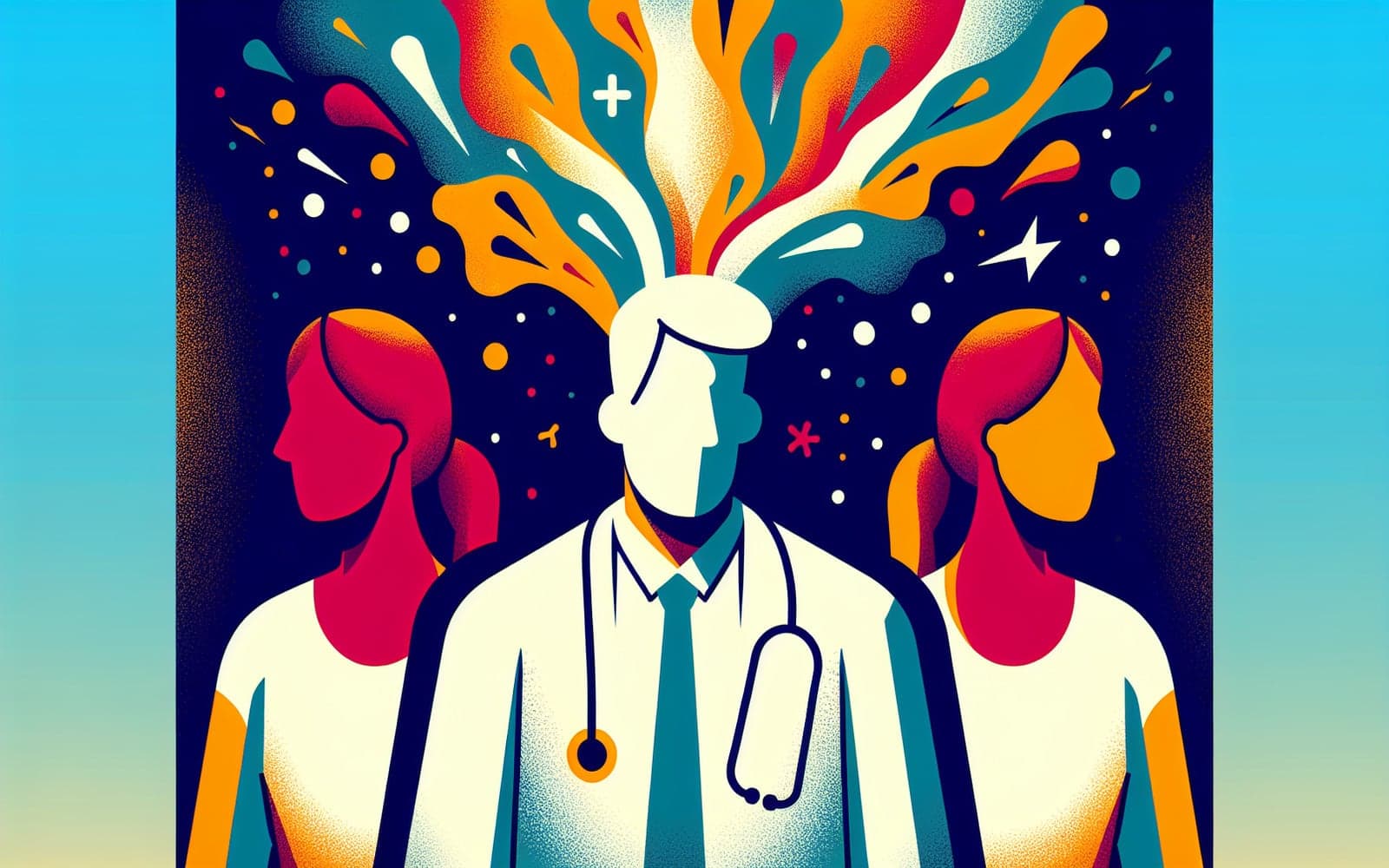Who's at Risk? Understanding Your Chances of Nausea and Vomiting
Published: Jan 12, 2024
Nausea and vomiting can affect anyone, but some people are more likely to experience these symptoms than others. Let's explore the factors that might increase your risk of feeling queasy.
Contents
The Pregnancy Connection
Pregnancy is a well-known risk factor for nausea and vomiting. Up to 74% of pregnant women experience these symptoms, often called 'morning sickness' (though it can happen any time of day). Interestingly, certain factors increase the risk even more. These include carrying a female fetus, being pregnant with multiples, or having a history of motion sickness or migraines. Some women are more prone to severe nausea and vomiting in pregnancy, a condition called hyperemesis gravidarum.
Medical Conditions and Medications
Certain health conditions can make you more susceptible to nausea and vomiting. Migraines, inner ear disorders, and some gastrointestinal conditions like gastroparesis or gastroesophageal reflux disease (GERD) are common culprits. Medications can also trigger these symptoms. Cancer treatments, especially chemotherapy, are notorious for causing nausea and vomiting. Other medications, including some antibiotics and pain relievers, can upset your stomach too.

Lifestyle Factors
Your habits and environment can also influence your risk. People who are prone to motion sickness may experience nausea during car rides or on boats. Stress and anxiety can trigger nausea in some individuals. Certain foods or eating habits, like consuming very fatty or spicy meals, can increase your chances of feeling sick. Interestingly, cannabis use, particularly heavy or long-term use, can lead to a condition called cannabinoid hyperemesis syndrome, characterized by cycles of severe nausea and vomiting.
Frequently Asked Questions
No, about 25% of pregnant women don't experience it.
Yes, stress can trigger nausea in some people.
Yes, susceptibility to motion sickness varies among individuals.
Yes, fatty or spicy foods can trigger nausea in some people.
Key Takeaways
Knowing your risk factors can help you take steps to prevent or manage nausea and vomiting more effectively.
Curious about your personal risk factors for nausea and vomiting? Chat with Doctronic, your AI health companion, to learn more and get personalized advice.Related Articles
References
Committee on Practice Bulletins-Obstetrics. ACOG Practice Bulletin No. 189: Nausea And Vomiting Of Pregnancy. Obstet Gynecol 2018; 131:e15. Reaffirmed 2024.
Bollom A, Austrie J, Hirsch W, et al. Emergency Department Burden of Nausea and Vomiting Associated With Cannabis Use Disorder: US Trends From 2006 to 2013. J Clin Gastroenterol 2018; 52:778.
Always discuss health information with your healthcare provider.

